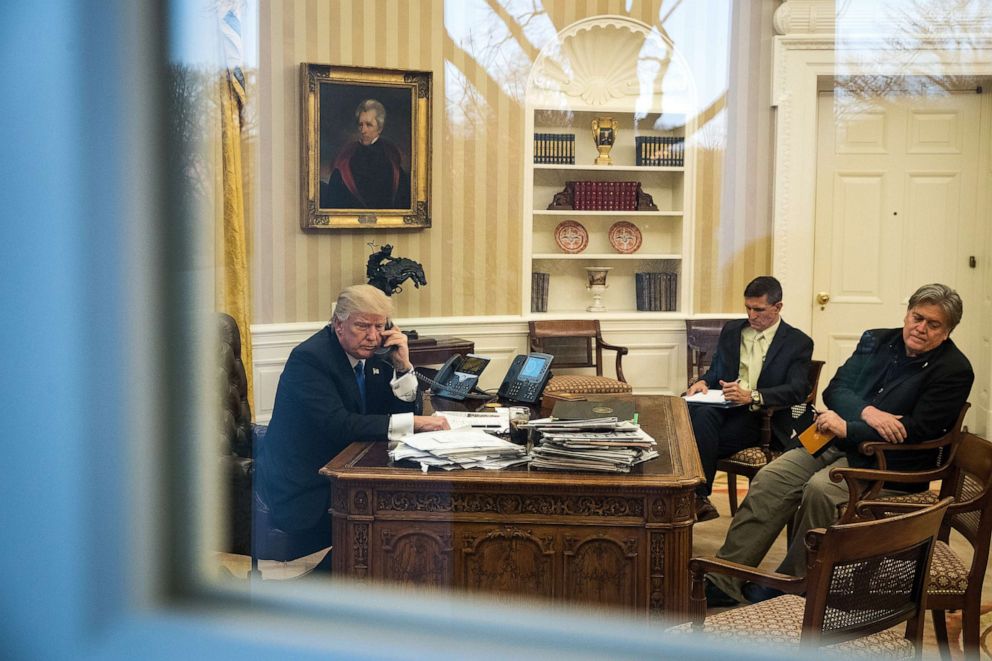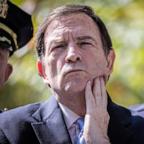Jury begins deliberations after government's rebuttal
The contempt case against Steve Bannon is now in the jury's hands, after the government finished its rebuttal to the defense's closing argument.
Prosecutor Amanda Vaughn began the rebuttal by telling the jury, "The defendant wants to make this hard, difficult, and confusing. They want you to wonder, 'What am I missing?'"
"You're not missing anything," Vaughn said. "There were two witnesses because it's as simple as it seems ... as clear as black and white" on paper, she said.
She said Bannon did tell the committee he would not comply with the subpoena, but "that is not a negotiation." She said the committee repeatedly told Bannon that it rejected his claims and that he had to comply, but Bannon is now defending his actions by saying he had raised objections at the time.
"That is like a child continuing to argue with their parent after they've been grounded. They know they've been grounded, they can argue all they want; it doesn't change the fact that the decision has been made," she said. In this case, she said, the committee made the decision and has the authority to do so.
"This is not a mistake," Vaughn said of Bannon's actions. "It's a choice, it is contempt, and it is a crime."

She then pushed back on the defense's argument that Bannon's noncompliance can't be "willful" because the committee didn't pursue other options or take the matter to a court, as if the committee "had some sort of obligation" to go to court and "get their permission," she said.
"That's like saying the referee on a soccer field can't make calls on plays unless they go over to the baseball diamond next door and get the umpire's opinion first," Vaughn said. "The committee doesn't answer to former President Trump" -- it's a different branch of government, she said.
As for Bannon's recent "no harm, no foul" argument that he is now willing to testify publicly after Trump sent a letter saying he would waive executive privilege, Vaughn said, "That's not what the evidence in this case shows."
"That sudden decision to comply is nothing but a ploy. And it's not even a good one, because the defendant forgot to tell the committee he would supply them with documents," Vaughn said. Bannon is "pretending to comply now," she said, and "it's a waste of everyone's time."
"The committee told the defendant many times that defiance is a crime, but he didn't listen because he didn't care. He had contempt for them and the public service they're trying to perform," Vaughn said.
"He is guilty," she concluded.
At the conclusion of closing arguments, the judge released the one alternate juror remaining, leaving the 12 jurors to begin deliberations.



